3 semester credits. The objective of this course is not to explain the technical or scientific aspects of wine-making and wine tasting analysis but that of exploring the cultural contexts that have always accompanied wine. Whether in the courts of emperors, kings, and philosophers or in the realm of common folk, the course will explore the myth and cult status of wine and the deeply probing fascination that wine has wielded over humans since its birth. Wine will be discussed as a historic and cultural player in society by examining texts, artistic depictions, and other documented sources to uncover the alluring aura that renders wine a constant companion of food and our insatiable palates.
Wine and Culture
FWWCMW307 The Mystery of Wine
FWWCPF335 Pairing Food and Wine
3 semester credits. This course presents an exploration of food and wine pairing. The topic goes beyond a classic approach to pairing by demystifying the terminology and the methodology of matching wine and food. Whether preparing a meal at home or ordering at a restaurant, students gain an enhanced knowledge of pairing that can create a harmony and synergy between wine and food, which ultimately leads to a sublime connection of the mind, mouth, memories, and experiences. Particular focus will be given to the Italian cultural approach through wine tastings from the major wine areas paired with classic Italian recipes.
FWWCRW330 Exploration of Wine Culture in Italy
3 semester credits. The wine culture in Italy takes its origins from the successful combination of rural and noble expertise devoted to winemaking over the centuries. The structure of Italian wines, their harmonious qualities, and their refinement reflect the link between the farmer, who learns directly from nature, and the refined Renaissance gentleman, noble by education and tradition. The course aims to provide the student with the images, feelings, and flavors of wine across the cultural, architectural, economic, and historic aspects of Italian civilization that is now experiencing a second rebirth in the contemporary era.
FWWCTW262 Tuscany and Its Wines
3 semester credits. The course will introduce students to the outstanding richness of Tuscan wine heritage. As Tuscany is a benchmark of Italian winemaking culture and tradition, this course analyzes how the most important historical events, members of Florentine noble families, and pioneering winemakers have revolutionized, over the centuries, the Italian wine industry today. Course structure includes the study of the famous and representative wine production areas of Tuscany, as well as major native grape varieties. A general introduction to wine appreciation will help students understanding the selected Tuscan wines and their specific features.
FWWCWC340 Food, Wine, and Culture in Italy
3 semester credits. This course is targeted towards students who are interested in the Italian traditions and the pivotal role that Italy has played in the evolution of food and wine culture. Italy is in fact the oldest wine-producing nation in the world where grapes are grown in almost every region of the country. This course will consider and analyze the various influences and cultural overlaps that this ancient tradition has brought to contemporary Italian culture. The course will also feature an Italian language component in order to better understand and appreciate the elements of contemporary Italian culture which will be discussed during the course.
FWWCWC345 Food, Wine, and Culture in Italy
6 semester credits. This course is targeted towards students who are interested in the Italian traditions and the pivotal role that Italy has played in the evolution of food and wine culture. Italy is in fact the oldest wine-producing nation in the world where grapes are grown in almost every region of the country. This course will consider and analyze the various influences and cultural overlaps that this ancient tradition has brought to contemporary Italian culture. This course includes an Italian language component for beginning-level students. Field learning is a method of educating through first-hand experience. Skills, knowledge, and experience are acquired outside of the traditional academic classroom setting and may include field activities, field research, and service learning projects. The field learning experience is cultural because it is intended to be wide-reaching, field-related content is not limited to the course subject but seeks to supplement and enrich academic topics. Students will have the opportunity to integrate theory and practice while experiencing Italian culture, art, and community within the Italian territory. Faculty will lead students in experiencing Italian culture through guided projects and field experiences as planned for the course. Field learning will be developed through classroom preparation, follow up projects, and guided learning outcomes. Field learning will provide students with the opportunity to develop skills and appreciate the multifold components of Italian Culture through direct experience. Field education will advance student learning as a relationship-centered process.
FWWCWT310 Wine Culture and Society in Tuscany
3 semester credits. This course explores wine cultures and societies in Tuscany. On a socio-cultural level, wine holds an iconic position of the Tuscan table, as it is used to celebrate local festivities, perpetuate customs, and to energize social gatherings and events. This course introduces students to the underlying human context behind Tuscan wine productions and service, covering a variety of wine-producing zones in the region - from larger productions, such as Chianti and the Super Tuscans, to lesser-commercialized emerging areas like Montecucco and Chianti Rufina.

